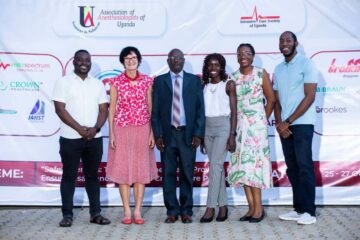First, Do No Harm Donate
Safe Healthcare Is a Fundamental Human Right
Millions die around the world each year due to preventable medical errors. Follow evidence-based solutions now, save lives today, save money tomorrow.
is for a safer healthcare
system, with ZERO
preventable patient harm.
Our mission
is to disseminate Actionable Evidence-Based Practices advance their integration by healthcare organizations, and cultivate data transparency
by 2030.
Patient Stories
There is nothing more powerful than learning about preventable patient harm directly from the patients or their loved ones.
The Patient Safety Movement Foundation Goals
Actionable Evidence- Based Practices
Develop evidence-based blueprints to guide clinicians in eliminating preventable patient harm.
Data Transparency
Stress the vital necessity of open data sharing to track progress in improving patient care.
Aligned Incentives
Drive systemic payer policy changes that focus on quality over quantity of care.
National Patient Safety Team
Advocate for an independent multidisciplinary team that researches harm events and solutions.
Actionable Evidence-Based Practices
Develop evidence-based blueprints to guide clinicians in eliminating preventable patient harm.
Data Transparency
Stress the vital necessity of open data sharing to track progress in improving patient care.
Aligned Incentives
Drive systemic payer policy changes that focus on the quality over the quantity of care.
National Patient Safety Team
Advocate for an independent multidisciplinary team that researches harm events and solutions.
Strategies to ZERO
Patient Safety Awareness
We cannot fix a problem we do not know about. Due to the lack of transparency in healthcare, the majority of people do not know about the significant number of patients who experience preventable medical harm.









